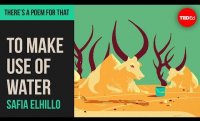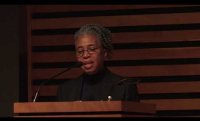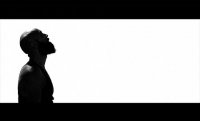Just a few days left to submit to the following writing contests, all with a deadline of July 14 or July 15. Each contest offers a first-place prize of at least $1,000 and publication. Good luck!
Cincinnati Review Robert and Adele Schiff Awards in Poetry and Prose: Two prizes of $1,000 each and publication in Cincinnati Review are given annually for a poem and a piece of fiction or creative nonfiction. Rebecca Lindenberg will judge in poetry and Michael Griffith will judge in prose. Entry fee: $20. Deadline: July 15.
Comstock Review Muriel Craft Bailey Award: A prize of $1,000 and publication in Comstock Review is given annually for a single poem. David Kirby will judge. Entry fee: $28. Deadline: July 15.
Literal Latté Poetry Award: A prize of $1,000 and publication in Literal Latté is given annually for a poem or group of poems. Entry fee: $10. Deadline: July 15.
Los Angeles Review Literary Awards: Four prizes of $1,000 each and publication in Los Angeles Review are given annually for a poem, a short story, a short short story, and an essay. Matty Layne Glasgow will judge in poetry, Tammy Lynne Stoner will judge in fiction, Brittany Ackerman will judge in flash fiction, and Adrianne Kalfopoulou will judge in nonfiction. Entry fee: $20. Deadline: July 14.
Narrative Poetry Contest: A prize of $1,500 and publication in Narrative is given annually for a poem or group of poems. The poetry editors will judge. Entry fee: $25. Deadline: July 14.
Rattle Poetry Prize: A prize of $10,000 and publication in Rattle is given annually for a poem. A Reader’s Choice Award of $2,000 is also given to one of ten finalists. Entry fee: $25. Deadline: July 15.
Santa Fe Writers Project Book Award: A prize of $1,500 and publication by the Santa Fe Writers Project is given biennially for a book of fiction or creative nonfiction. Carmen Maria Machado will judge. Entry fee: $30. Deadline: July 15.
The Word Works Tenth Gate Prize: A prize of $1,000 and publication by the Word Works is given annually for a poetry collection by a poet who has published at least two full-length books of poetry. Entry fee: $25. Deadline: July 15.
Visit the contest websites for complete guidelines, and check out the Grants & Awards database and Submission Calendar for more contests in poetry, fiction, and creative nonfiction.










